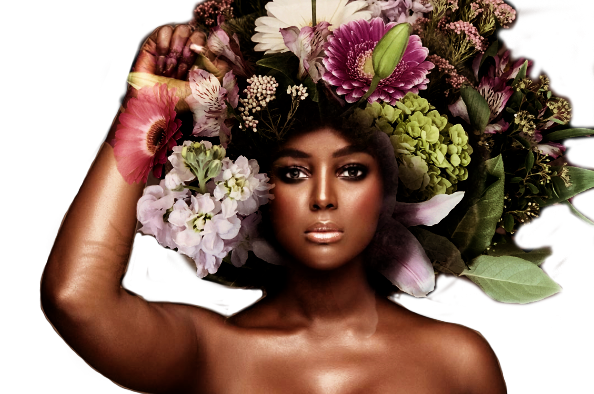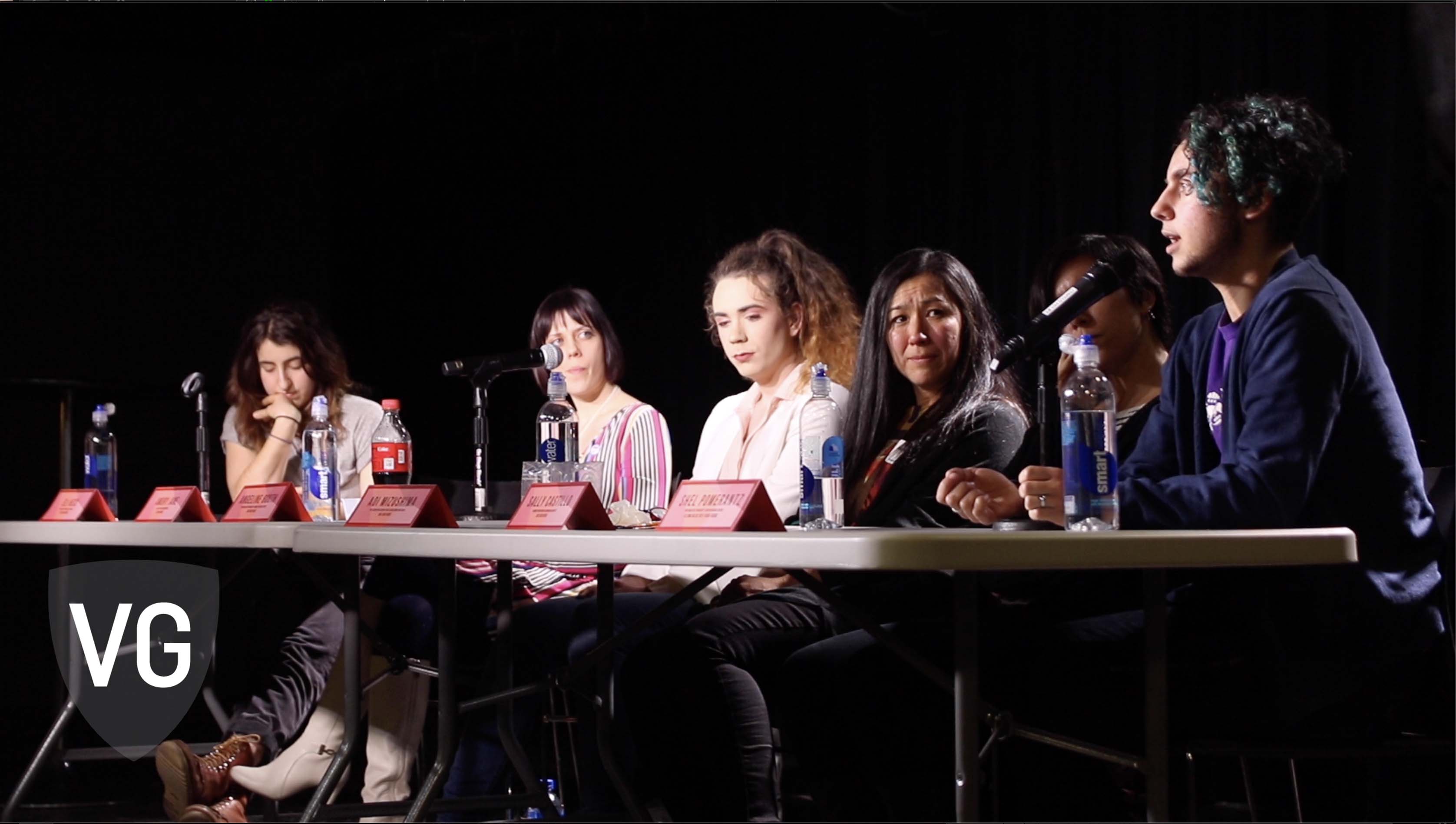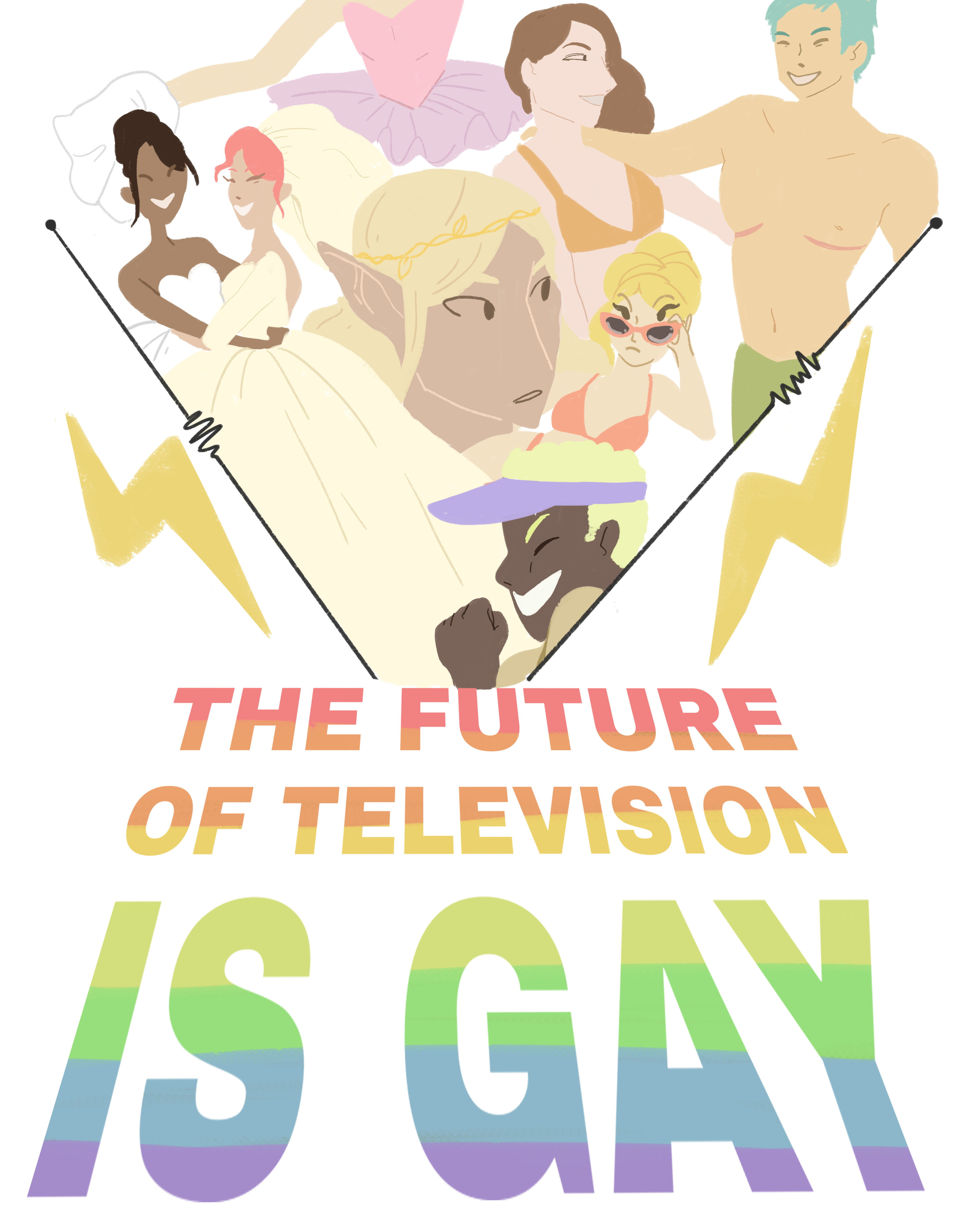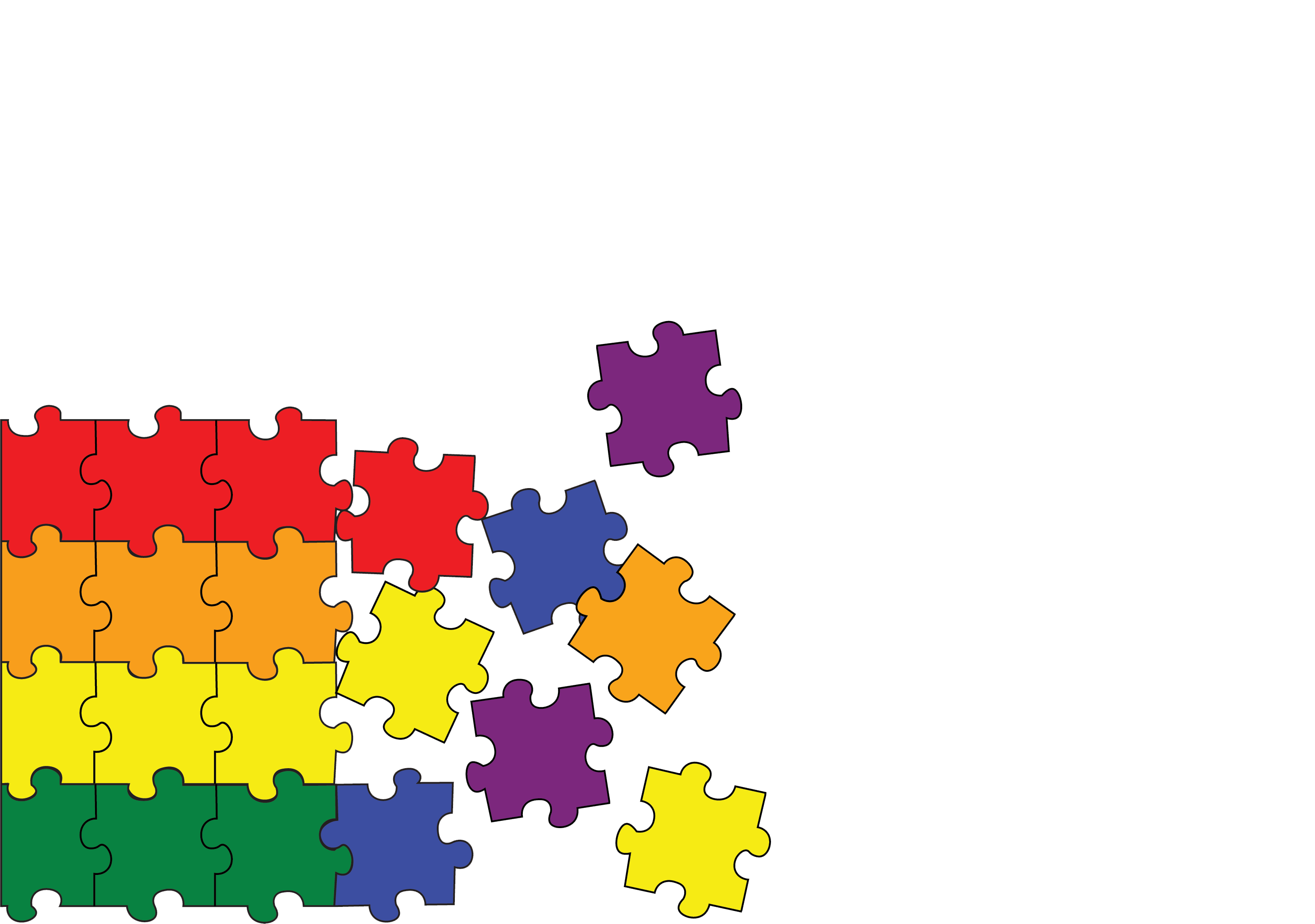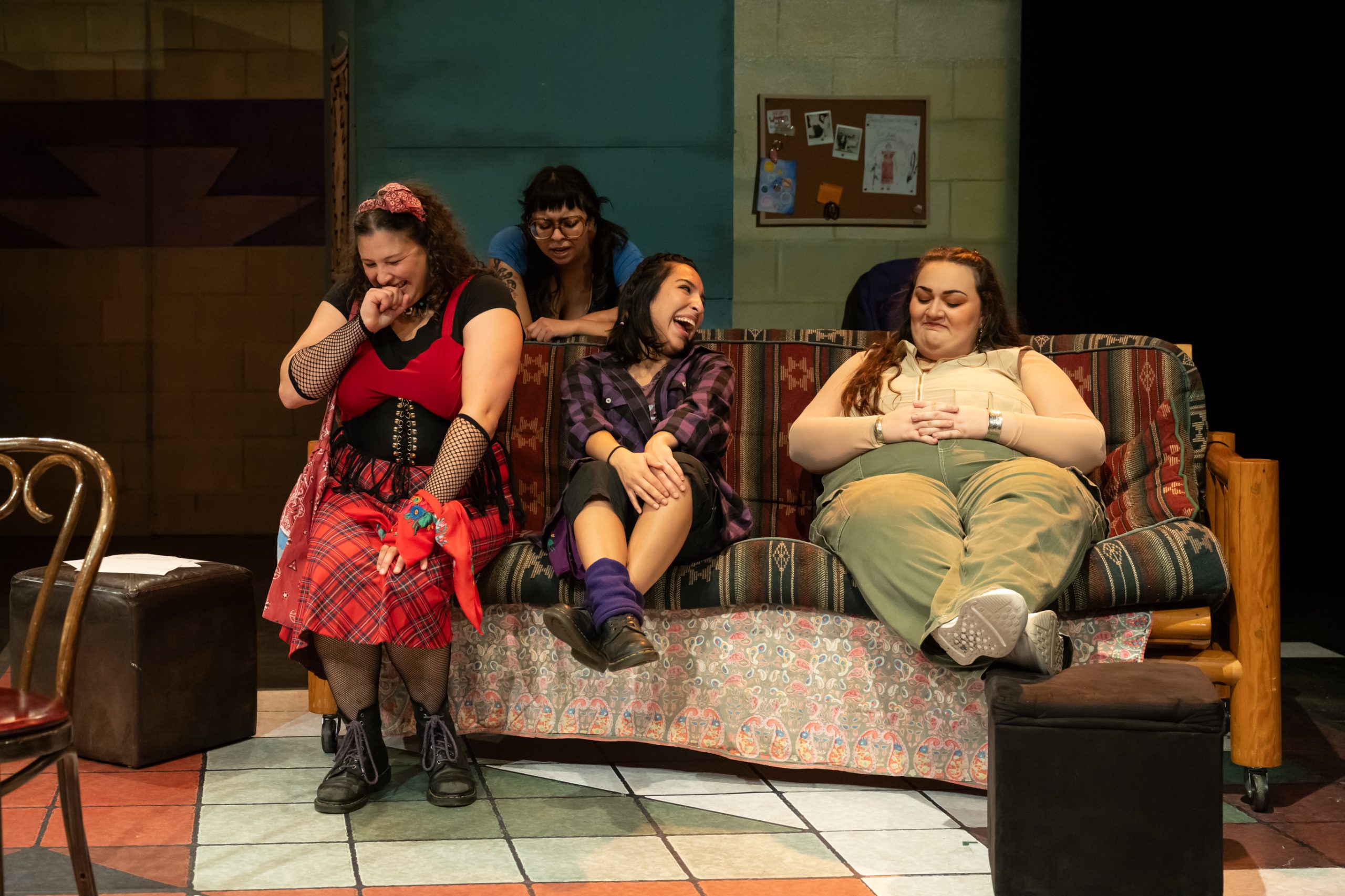Black women do not serve to cater to your curiosity. Instead of violating someone’s personal space by touching their hair, maybe find absolutely anything else to do.
Time and time again, Black women have endured the fiending hands reaching for their natural hair. This pestering and offensive reality should be no more—there is too much historical significance, representation of community and identity, and not to mention, personal boundaries to allow for these actions.
The expression of Black identity through iconic hairstyles dates all the way back to ancient Egypt. Many of the most popular Black hairstyles, such as dreadlocks, box braids and fade ups, can be found in hieroglyphics, drawings and engravings from thousands of years ago.
These same hairstyles remain relevant in today’s modern hair scene among the Black community. It comes as no surprise that some people might find such a great fascination with its mere existence that the only way to possibly comprehend it is to immediately touch it.
However, don’t do it.
Hair is something the Black community has taken pride in for many years and has even been used as a means of communication. During the Atlantic Slave Trade, enslaved Africans used cornrows—a style in which the hair is braided very close to the scalp—to transfer and create maps to help other slaves escape the plantations of their masters. Used as an act of active resistance, hairstyles for the Black community were more than just the look for the day—it was a means of survival.
There is an understanding as a Black woman that hair is a part of identity, and whatever style it may be in is a direct reflection of personal expression not meant for unconsented touching. Though asking for permission to touch a Black person’s hair still perpetuates ideas of a petting zoo, it is a better alternative to the encroaching hands that invade the personal space and ownership of a Black woman’s crown.
In response to having her hair constantly touched without her permission, Momo Pixel created Hair Nah!, an interactive game that allows the player to customize a Black character who swats away unwanted white hands from touching her hair. A Black art director at Wieden+Kennedy, one of the largest independently owned advertising agencies in the world and headquartered in Portland, Pixel co-published the game with the agency back in November 2017.
In an interview with On She Goes, Pixel explained what she hoped would come out of creating this video game.
“I’m hoping to push the conversation further,” Pixel said. “Because I don’t know how many times Black people can keep telling folks to stop touching our hair and in how many different mediums before they get it. The moment someone mentions my hair, I grab it to claim ownership.”
Pixel went on to comment about her personal experience with unwanted hands in her hair.
“I’ll be walking, and a woman will reach her hands into my head,” she said. “I’m in the checkout line, and the cashier will reach across to caress my braids. I shudder thinking about it. It’s so creepy.”
If there’s anything to take from Pixel’s game, it’s that everyone should respect each other’s boundaries. Touching someone else’s hair without permission is an invasion of personal space, and maybe playing the game will reveal how offensive these behaviors actually are.
Game or not, respecting the personal space of others should go without saying. Being amazed or intrigued by the many hairstyles of Black women is your personal business, but the moment you act on your desire without consent then it becomes an issue. A good rule of thumb is to assume that most Black women, stranger or friend, will benefit from you keeping your hands to yourself.

